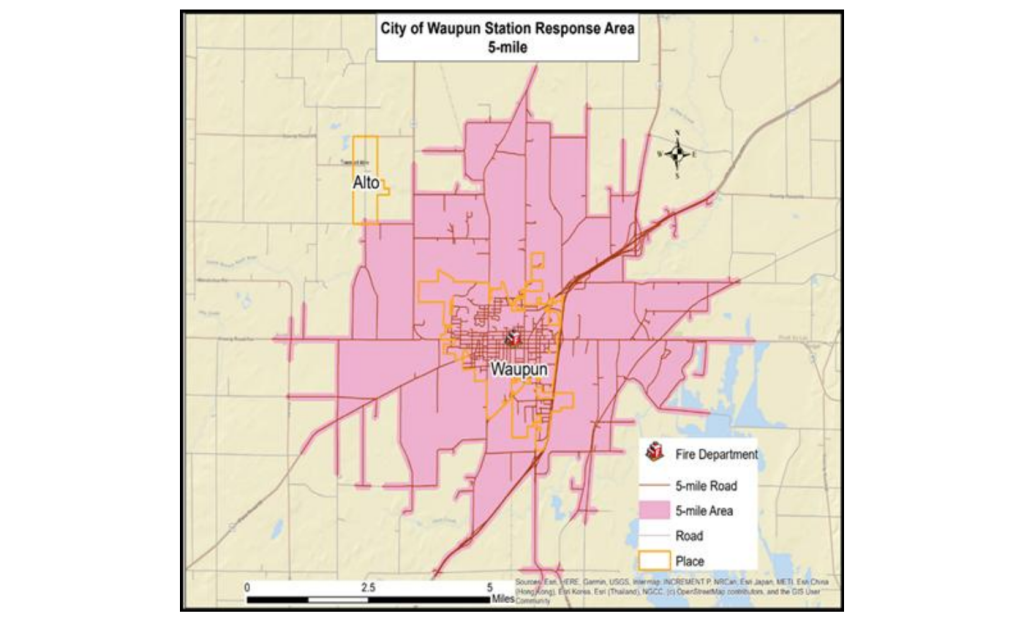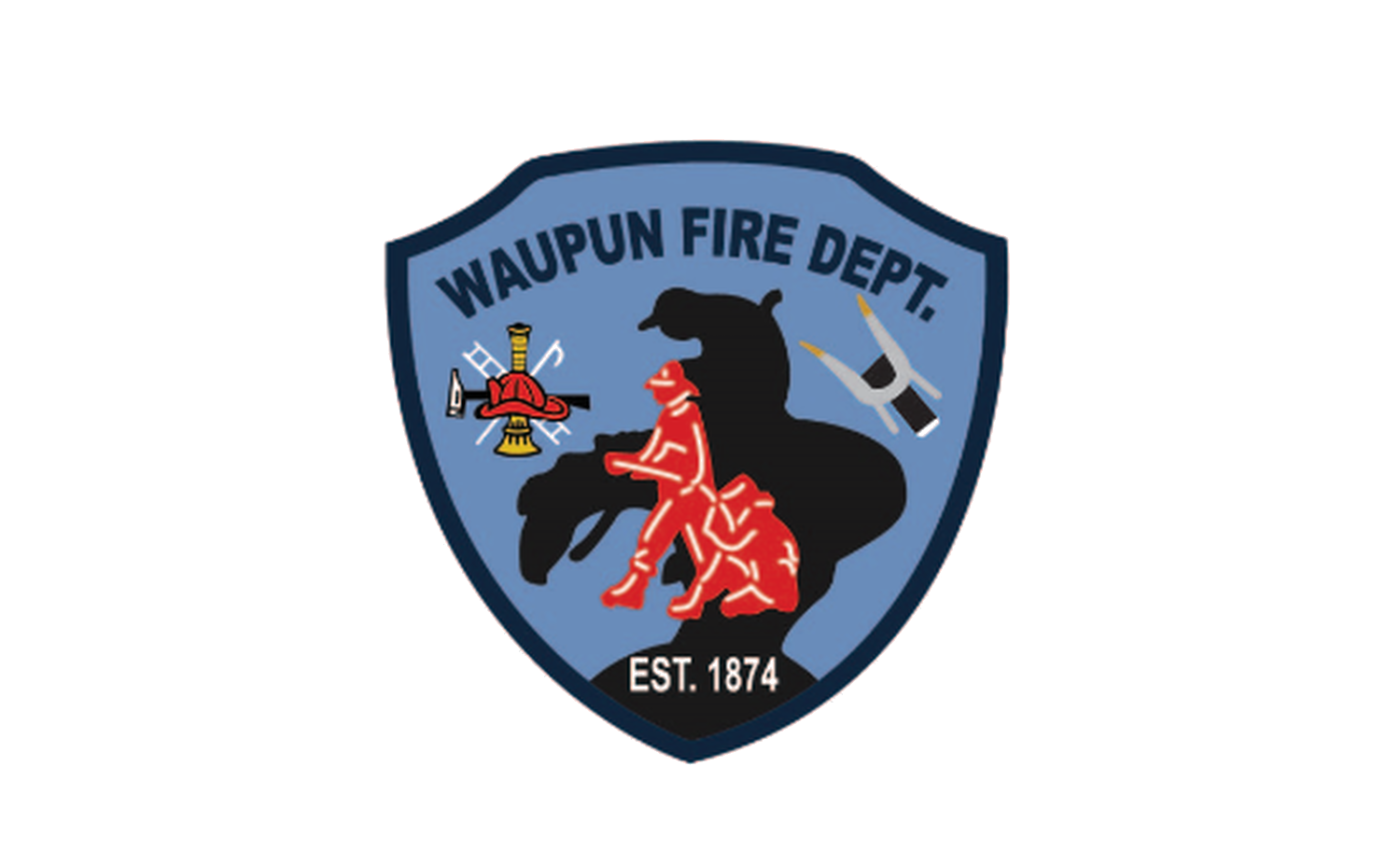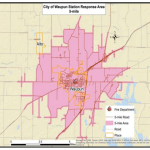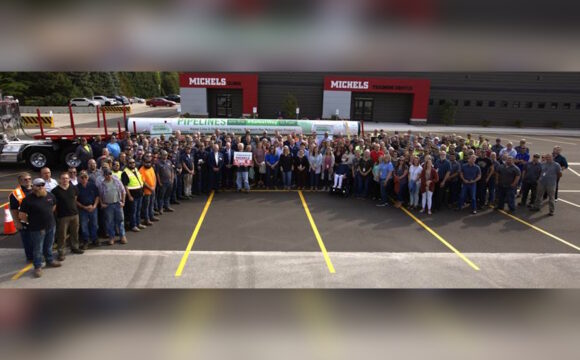City of Waupun, Waupun Fire Department
September 30, 2025
WAUPUN — In a major step toward improving public safety and ensuring long-term sustainability of local fire services, the City of Waupun and the Towns of Chester, Trenton, and Waupun, have drafted a preliminary shared service agreement for fire and emergency protection services. Historically, two separate fire departments — the City’s Municipal Fire Department and the Community Department run by the surrounding townships — have operated out of the City’s public safety building. While both departments have served their communities with dedication, they face common challenges, including, rising call volumes, increasing costs of fire apparatus and equipment, and growing difficulty in recruiting and retaining qualified volunteer firefighters.
According to Chief DeMaa, who is responsible for leadership of both departments, the challenges faced are not unique to Waupun. DeMaa commented, “fire knows no boundaries, and neither should our response. This partnership is about coming together to deliver the best possible service to our residents—regardless of which side of the municipal line they live on. By pooling our resources and equipment, we’re not only improving efficiency, but also building a stronger, more resilient fire service for the future.”
With the support of the Public Administration Associates (PAA) and funding from a State of WI Innovation Planning Grant obtained by the Town of Waupun that encourages similar shared service agreeements, a joint planning team has worked over the past year to develop a sustainable and equitable path forward. Wisconsin Statutes Section 66.0301 authorizes intergovernmental cooperation, allowing municipalities and other governmental entities to contract with each other to jointly receive or furnish services, share powers, or establish shared agencies, departments, or commissions. Under the terms of the draft agreement, the City will provide fire protection and prevention services to the Town of Chester and designated portions of the Towns of Trenton and Waupun. In return, each participating township will contribute an annual service fee calculated using a weighted formula based on equalized property value, population, and call volume. This formula ensures that costs are fairly and proportionally distributed among all member communities.
The shared service model represents a long-term commitment to collaboration, public safety, and responsible governance. The draft of a shared service agreement is being presented in public meetings held by each participating municipality over the month of October. If an agreement is approved by all member communities, residents will benefit through:
1. Cost savings both through the elimination of duplicated equipment and coordination of joint purchases in the future.
2. Coordination of administrative services to reduce the burden on existing leadership.
3. Equitable distribution of cost so that no single community bears an unfair share of costs.
4. Flexibility of resource allocation to meet National Fire Protection Association (NFPA) standards.
5. Enhanced volunteer support with better compensation for volunteer paid-on-call responders.
6. Accountability and oversight through a representative board of all participating municipalities.
7. Preservation of governance that upholds the statutory authority of the City’s Police & Fire Commission.
“From the City’s perspective, this agreement is not only a fiscally responsible move, but also a meaningful investment in the safety and well-being of our residents,” said City of Waupun Mayor Rohn Bishop. “By working together, we can reduce duplicated and costly equipment, and better support the dedicated volunteers who keep our communities safe.”
The proposed agreement is subject to final approval by the governing boards of each represented jurisdiction, including the Waupun Common Council and the Boards of the Towns of Waupun, Chester and Trenton. After a period of public input and review, each board will consider action on the draft agreement later this fall. If approved, the agreement would become effective January 1, 2026.











